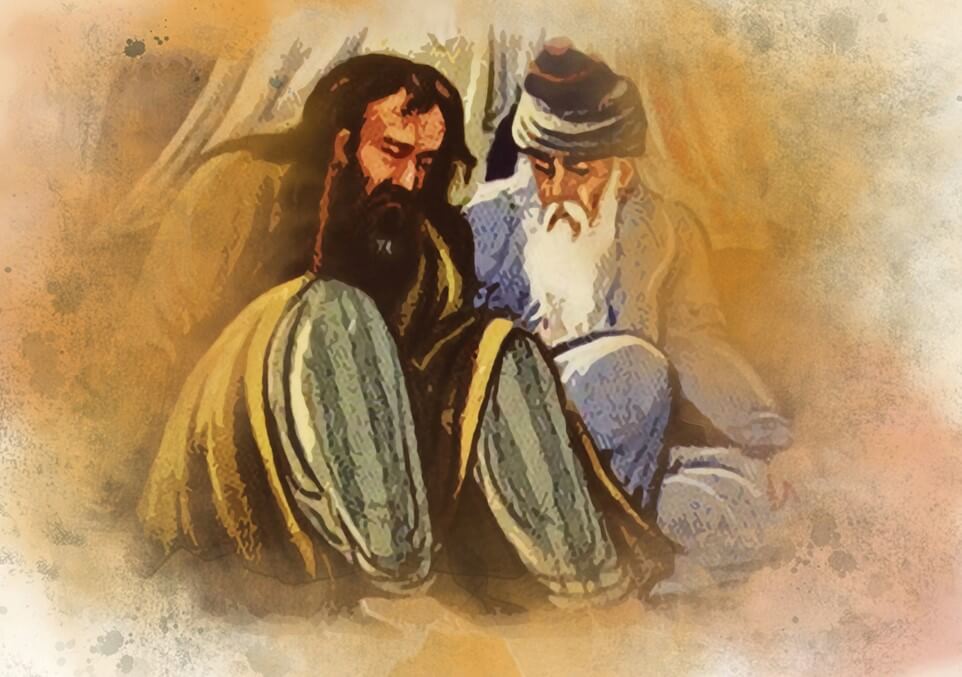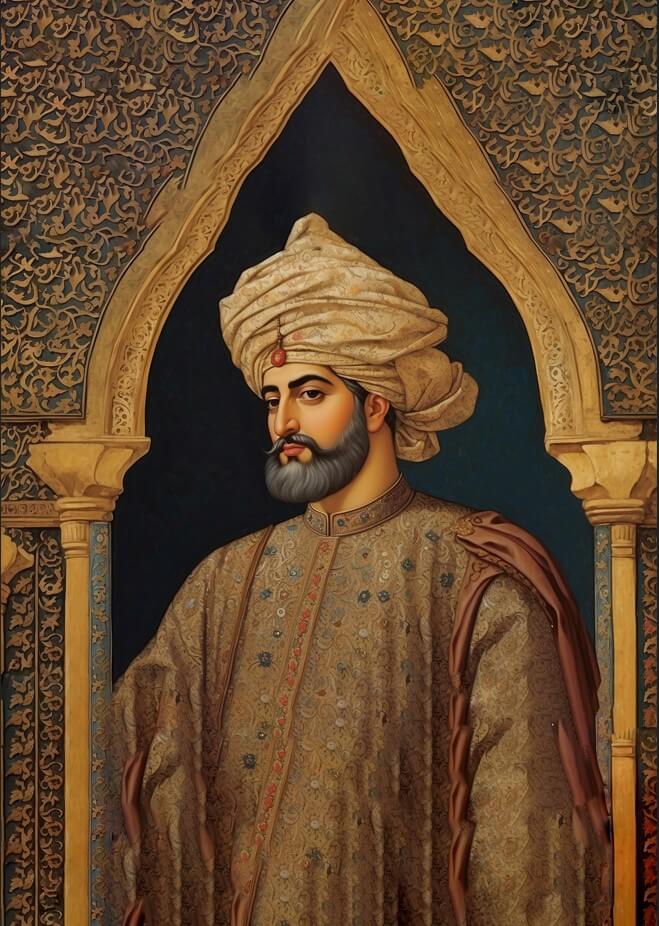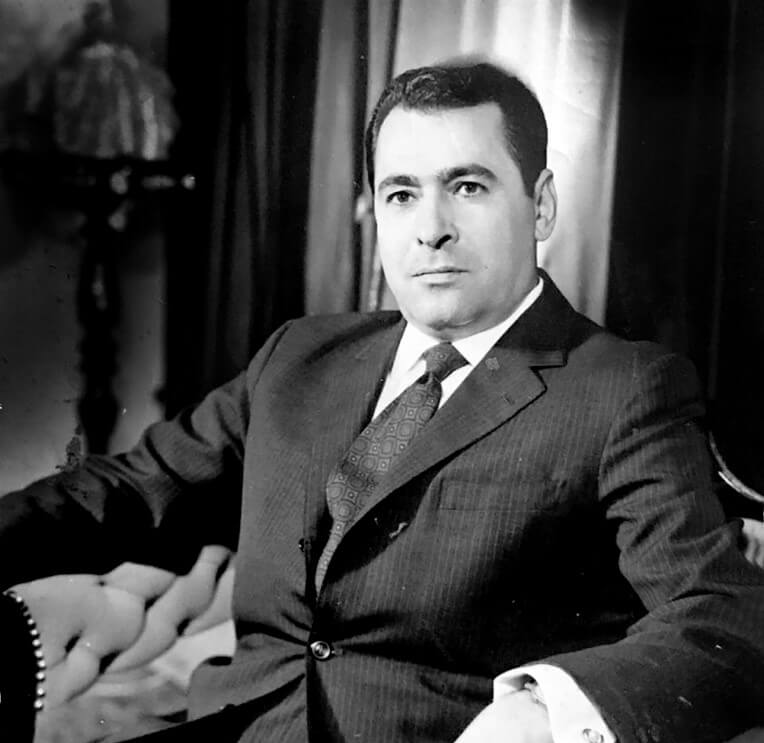Rumi: The Timeless Poet of Love and Mysticism

Jalal ad-Din Muhammad Rumi, more commonly known simply as Rumi, was a 13th-century Persian poet, theologian, and Sufi mystic whose profound and eloquent works have transcended time, geography, and culture. Born on September 30, 1207, in the region now present-day Afghanistan, Rumi lived most of his life in the Seljuk Empire’s town of Konya, now part of modern-day Turkey. His literary legacy and philosophical teachings have secured him a place as one of the most celebrated and revered poets in the world.
Early Life and Influences
Rumi’s life began in a period of intense social and political turbulence. His family left their native homeland due to the Mongol invasions, traveling extensively in the Muslim lands before finally settling in Konya. His father, Baha’uddin Walad, was a noted theologian and mystic, and Rumi inherited his position as a religious scholar at a young age. This profound foundation in religious studies and mysticism deeply influenced Rumi’s writings and teachings.
Meeting with Shams-e Tabrizi

The pivotal moment in Rumi’s life came in 1244 when he met Shams-e Tabrizi, a wandering dervish whose unconventional ways deeply affected him. The intense and mystical friendship between Shams and Rumi transformed the latter, deepening his spiritual practice and inspiring some of his most passionate and profound poetry. However, Shams disappeared mysteriously, a loss that deeply grieved Rumi and influenced much of his later work. This period marked the beginning of Rumi’s transformation from a respected scholar to an impassioned poet and mystic.
Literary Contributions

Rumi’s literary output is both vast and impressive, consisting of several major works. His most famous work, “Masnavi-ye Ma’navi” (Spiritual Couplets), is a six-volume epic considered the Persian-language Quran. It illustrates the Sufi path to enlightenment through stories and homilies. Another notable work, “Diwan-e Shams-e Tabrizi” or “The Collected Poems of Shams,” is a collection of over 40,000 verses inspired by his mystical relationship with Shams and is filled with themes of divine love and the destruction of the ego.
Themes and Philosophy
Rumi’s work transcends the mere expression of philosophical insights, exploring themes of the universal quest for love, the pain of loss, the beauty of life, and the intricacy of human emotion. He believed passionately in the use of music, poetry, and dance as a path for reaching God. Rumi’s philosophy was deeply permeated with the notion of ‘Tawhid’ – the unity of all beings in God and the interconnectivity of all aspects of creation.
Rumi’s Global Impact

Today, Rumi’s impact goes beyond spiritual and literary realms, resonating with people of all faiths and backgrounds. His thoughts on love, humanity, and spirituality continue to be relevant, making him one of the most widely read poets in the world. His works have been translated into numerous languages, and his teachings on tolerance and transcendence continue to inspire discussions and works in theology, psychology, and the arts.
Conclusion
Rumi’s legacy as a bridge between diverse cultures and epochs speaks of his universal appeal and timeless relevance. His work does not merely invite us to explore the depths of mysticism but also encourages us to discover the essence of our being and the universe. As the world continues to navigate through times of division and strife, Rumi’s poetry and philosophy offer a beacon of hope and unity, proving that his teachings are just as pertinent today as they were in the 13th century.






